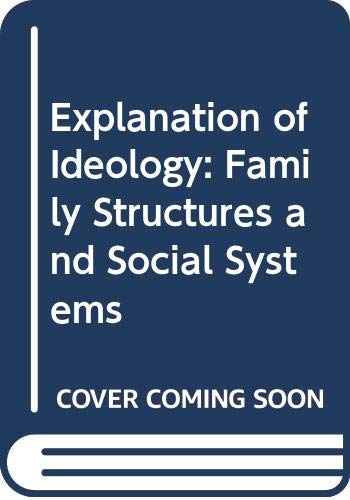What do you think?
Rate this book


240 pages, Hardcover
First published October 3, 1985
Arab socialism is a unique attempt to build socialism without the state, or to be more precise and less derisive, an effort to construct socialism in a culture without any special aptitude or a tradition of centralized, bureaucratic administration.
History is made by individuals in nuclear family countries, by the government (a parental symbol) in authoritarian systems. It is defined by custom and thus eliminated in the case of endogamous anthropological systems. Islam's historical passivity can be seen to derive from its fundamental anthropological mechanism.
The Muslim father is too easy-going to be hated or rejected, either in human or divine form. The Islamic god is too forgiving for anyone to want to annihilate him.
Developed in France and England, the individualist model was offered to the world. ... In the middle ages, the individual did not exist. He emerged in the West during the Reformation and the French Revolution.